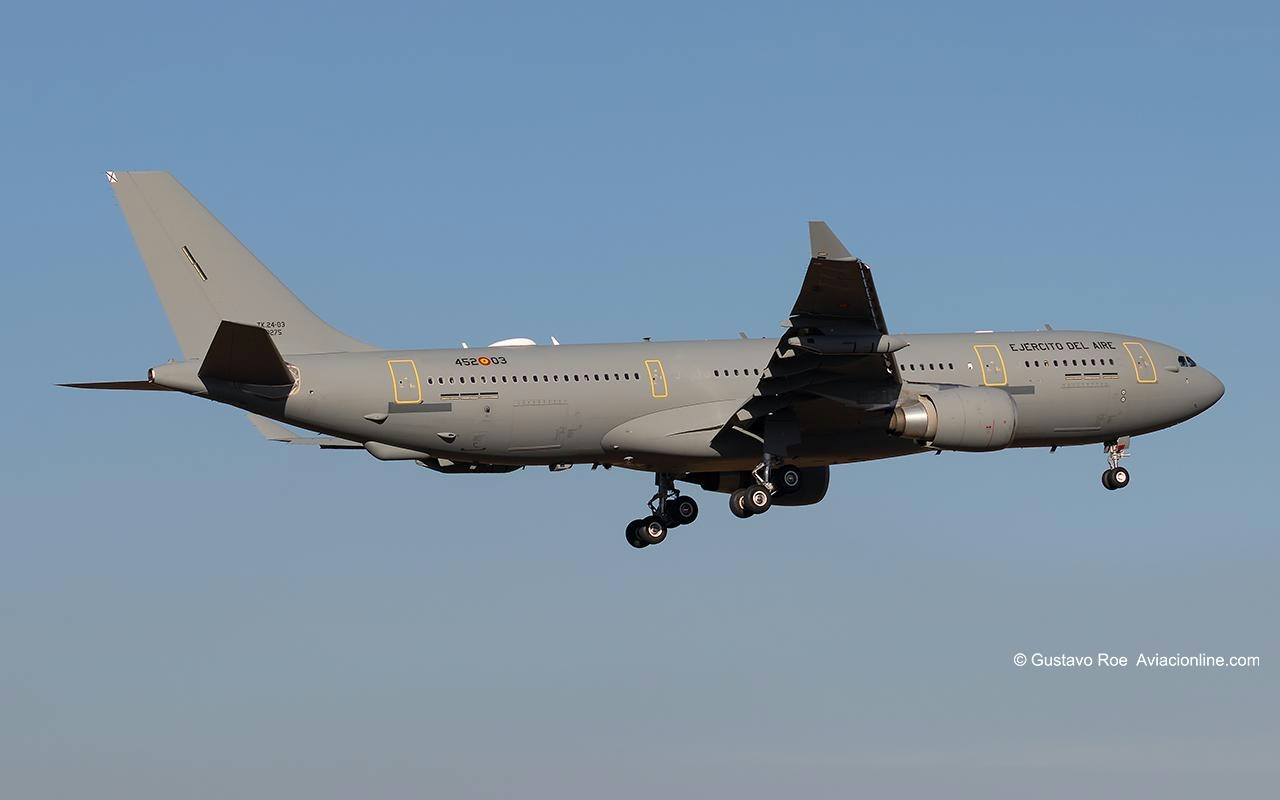AeroGenie — Your Intelligent Copilot.
Trending
Categories
FAA Issues Directive on GE CF6-80E1 Engines for Airbus A330/MRTT Over Turbine Disk Defects

FAA Issues Directive on GE CF6-80E1 Engines for Airbus A330/MRTT Over Turbine Disk Defects
The U.S. Federal Aviation Administration (FAA) has issued a new Airworthiness Directive (AD 2025-10-11) targeting specific General Electric CF6-80E1 engines, which power the Airbus A330 and its Multi Role Tanker Transport (MRTT) variant. Effective June 24, 2025, the directive mandates the replacement of certain high-pressure turbine (HPT) disks following a manufacturer investigation that uncovered potential iron contamination linked to deficiencies in the powder metallurgy manufacturing process.
Safety Concerns and Technical Findings
General Electric’s review identified that some stage 1 and stage 2 HPT disks may contain iron inclusions, which could compromise material strength and reduce fatigue life. This defect raises the risk of premature cracking and uncontained engine failure. The directive specifically applies to engine models CF6-80E1A2, CF6-80E1A3, CF6-80E1A4, and CF6-80E1A4/B, all of which are critical powerplants for the Airbus A330, a widely used aircraft on medium- and long-haul commercial routes as well as in military MRTT operations.
The FAA emphasized that if these defects remain unaddressed, they could lead to uncontained failures, resulting in engine damage and potential harm to the aircraft. Although no incidents have been directly attributed to the iron inclusions, the agency determined that proactive replacement of the affected HPT disks is essential to maintain operational safety.
Replacement Requirements and Regulatory Response
The directive requires operators to replace the affected stage 1 and stage 2 HPT disks, identified by specific part and serial numbers detailed in the AD. Two particular disks—P/N 1863M36G06 S/N GWN0GP27 and P/N 1778M72P05 S/N BTB77100—must be removed and replaced before the next flight after the directive’s effective date. Other affected stage 1 disks must be replaced at the next part exposure or before exceeding 8,600 cycles since new (CSN), with a grace period of up to 50 flight cycles for disks already above 8,550 CSN. Stage 2 disks are required to be replaced at the next part exposure or before reaching 12,000 CSN.
During the public comment period, Delta Air Lines requested that the directive be expanded to include certain CF6-80C2 engine variants, citing concerns about the potential cross-installation of HPT disks. Delta also urged a ban on reinstalling removed parts in non-CF6-80E1 engines. The FAA declined these requests, clarifying that the directive applies solely to engines with known affected parts and that removed components are deemed unserviceable and ineligible for reinstallation in any engine.
Industry Impact and Market Dynamics
The directive poses operational challenges for Airbus, particularly as it plans to increase MRTT production to meet rising demand. Heightened regulatory scrutiny and the need for component replacements may cause delays in production and delivery schedules, affecting both commercial and military customers. Market perceptions of the MRTT’s reliability could be influenced, potentially impacting demand and pricing. Competitors such as Boeing, with its KC-46A tanker, and the forthcoming MRTT+ variant based on the A330neo, may seek to leverage these concerns as the industry prepares for the transition to the Neo variant scheduled for 2028.
Furthermore, the recent lifting of U.S. license suspensions on GE’s jet engine shipments to China’s COMAC is expected to intensify competition within the global aerospace market, potentially altering supply dynamics and strategic positioning.
The FAA estimates that the directive affects one engine on a U.S.-registered aircraft, with compliance costs projected at $1,229,480 for the stage 1 HPT disk replacement and $202,280 for the stage 2 disk.

Capital A Completes Sale of Aviation Business to AirAsia X

Four Gateway Towns to Lake Clark National Park

PRM Assist Secures €500,000 in Funding

Should Travelers Pay More for Human Support When Plans Go Wrong?

InterGlobe Aviation Shares Rise 4.3% Following January Portfolio Rebalancing

Key Market Segments Shaping Airline Route Profitability Software

Locatory.com Gains Traction Among Aviation MROs and Suppliers

JetBlue Flight Makes Emergency Landing Following Engine Failure

58 Pilots Graduate from Ethiopian University

The Engine Behind Boeing’s Latest Widebody Aircraft
